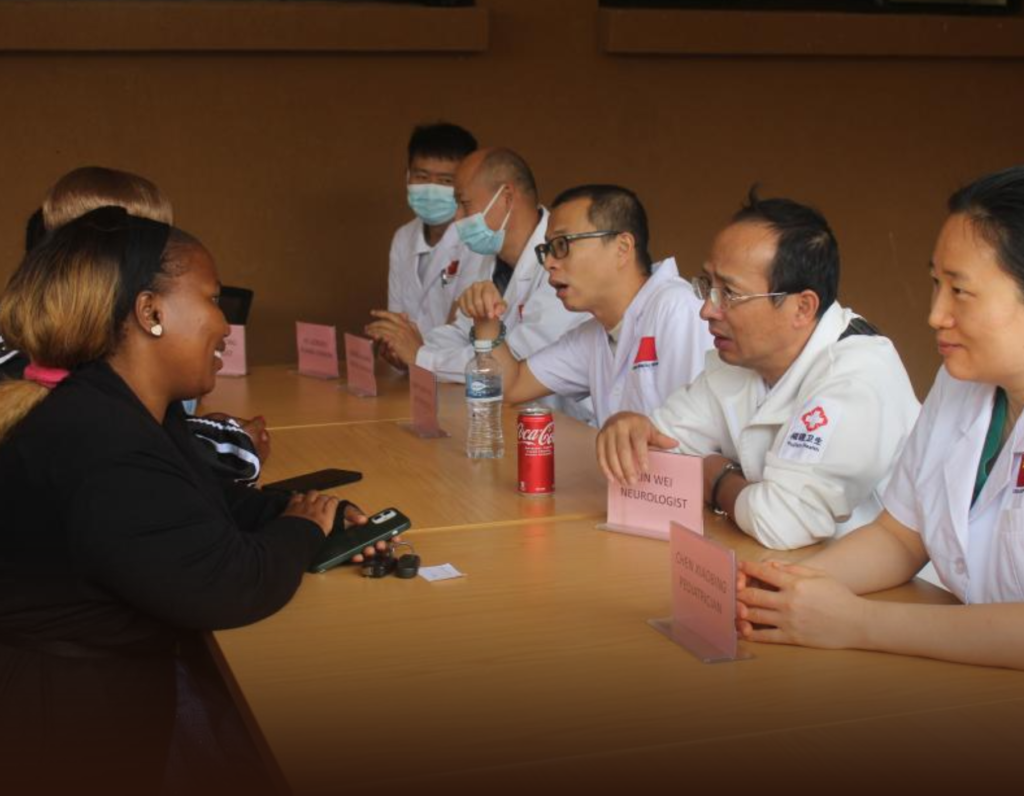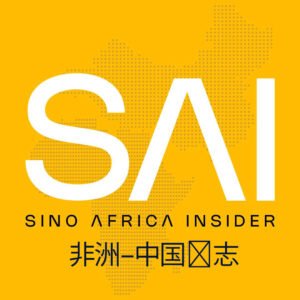The 17th batch of the Chinese medical team in Botswana has provided free medical consultations and traditional health services to students, faculty, and community members at the Botswana International University of Science and Technology (BIUST) in Palapye. The outreach, which included general consultations, acupuncture, and massage therapy, highlights China’s continued commitment to improving healthcare accessibility and promoting people-to-people exchanges across Africa.
According to the Chinese Embassy in Botswana, the event served as part of China’s long-standing medical cooperation with Botswana – an initiative that dates back to 1981 when the first Chinese medical mission arrived in the country. Over the past four decades, Chinese doctors have offered free healthcare to over three million Batswana, conducted hundreds of surgeries, and trained local medical professionals.
BIUST Vice-Chancellor Professor Otlogetswe Totolo praised the outreach, noting that it exemplified the practical value of the Botswana-China partnership beyond economic and infrastructural ties. “This collaboration not only delivers quality medical services to our community but also strengthens the bridge of friendship and learning between our two nations,” he said.
Dr. Fan Wandong, head of the Chinese medical team, described the initiative as a “symbol of shared humanity and development partnership,” emphasizing that the team’s goal is not only to provide healthcare but also to promote knowledge transfer and cross-cultural understanding.
Botswana’s partnership with China extends well beyond the medical field. China has played a central role in Botswana’s infrastructure and education development, funding over 60 major projects, including schools, hospitals, and government buildings. In recent years, both nations have expanded cooperation into renewable energy, ICT innovation, and agricultural modernization under the broader framework of the Forum on China-Africa Cooperation (FOCAC).
Experts note that China’s growing involvement in Botswana’s social sectors – particularly healthcare and education signal a shift toward a more holistic model of cooperation that aligns with the African Union’s Agenda 2063 and Botswana’s Vision 2036 development strategy.
As the medical team continues its outreach across Botswana’s regions, the program stands as a testament to how Sino-African cooperation continues to evolve, from transactional engagements to transformative partnerships that enhance well-being and mutual trust.




